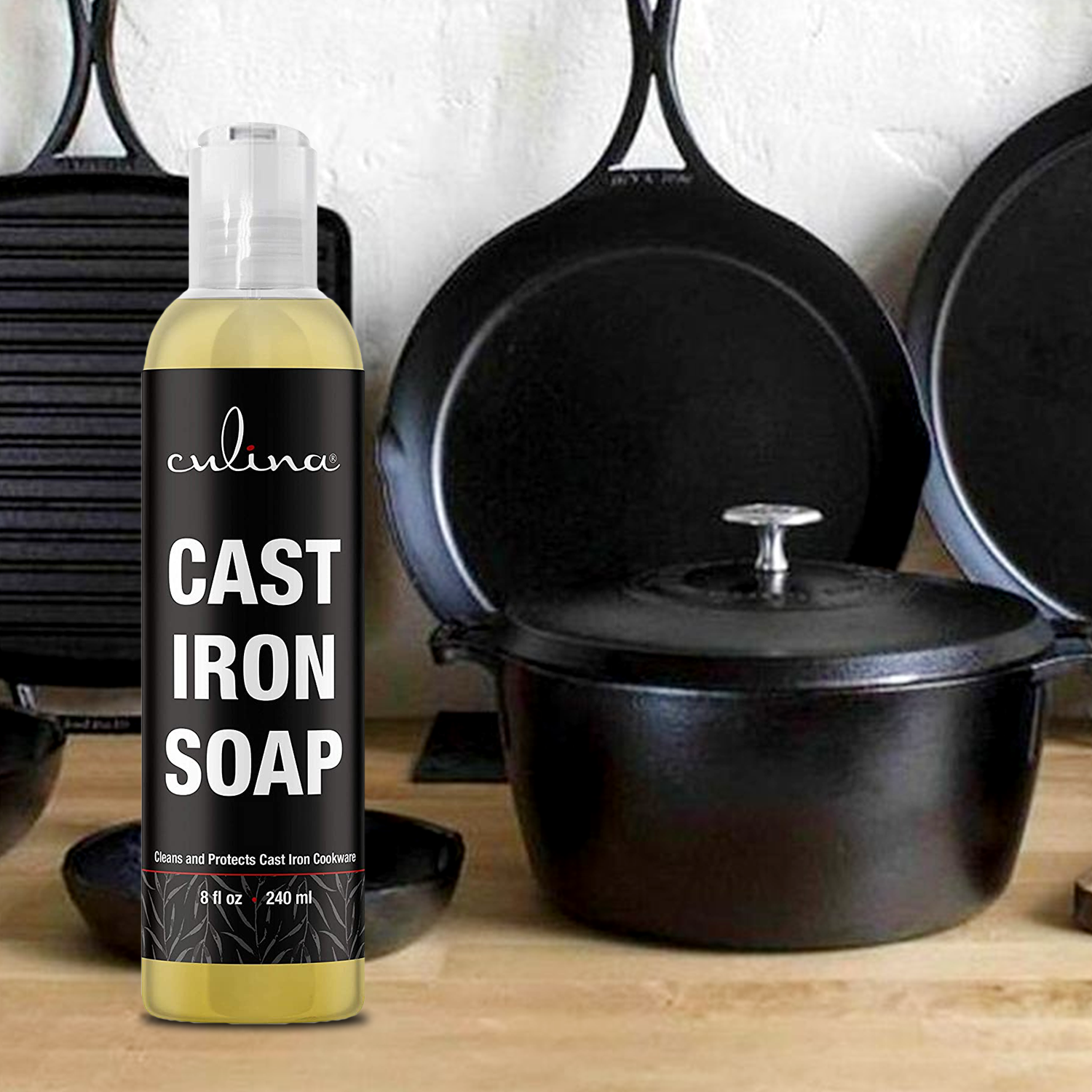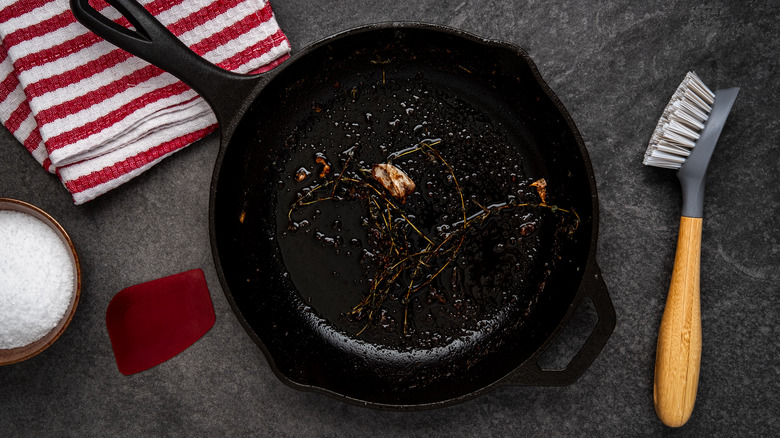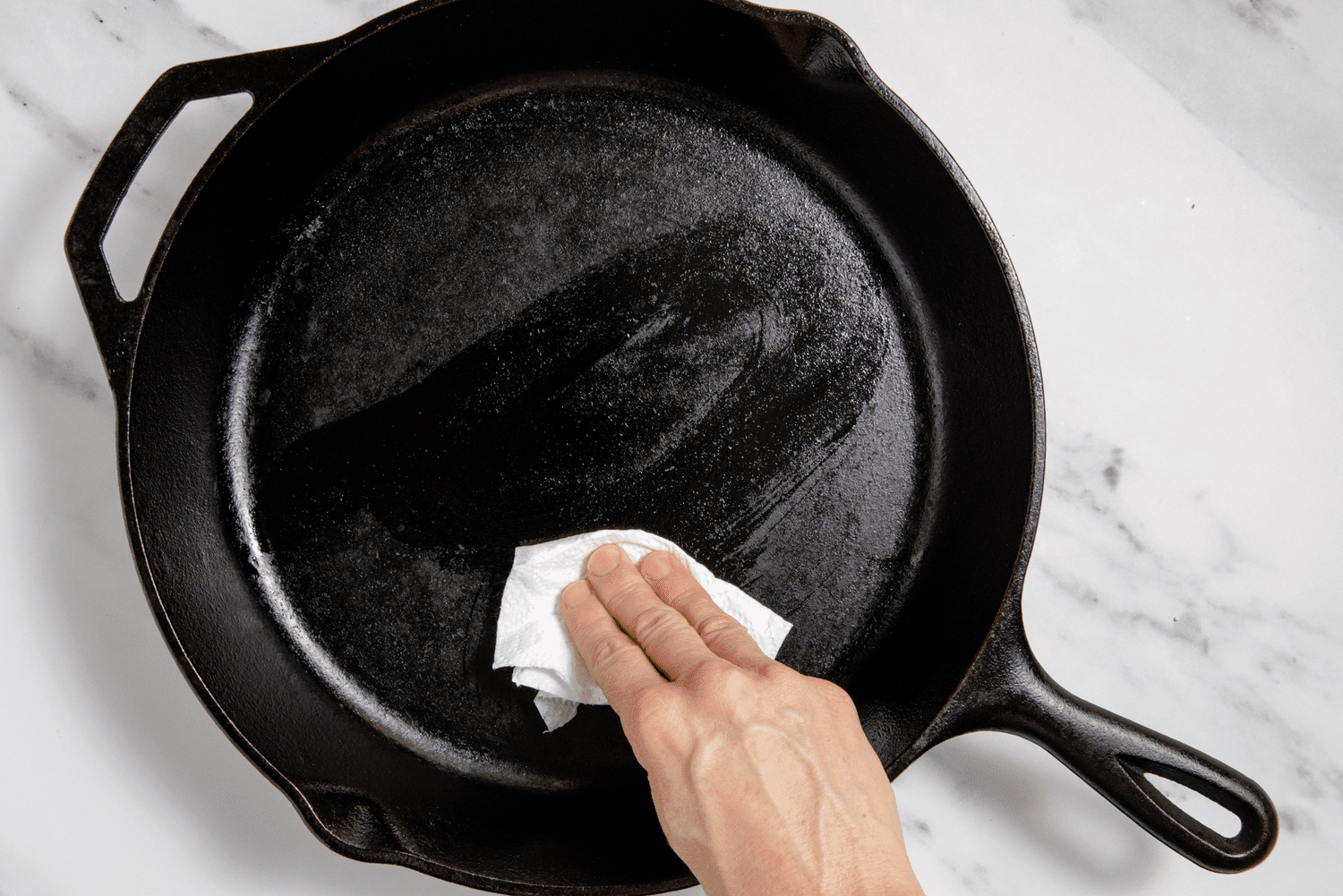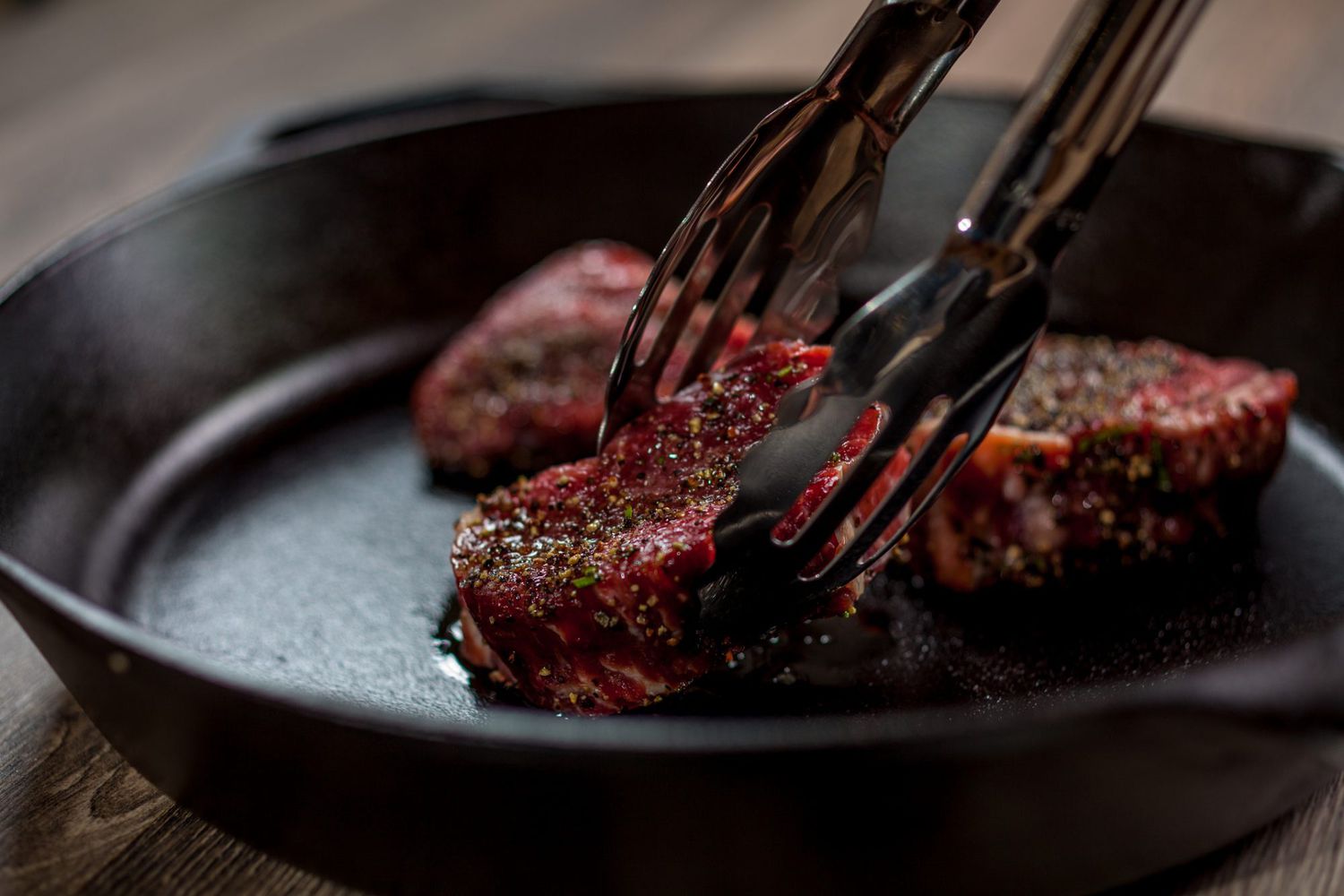Cooking a tender and flavorful flank steak is an art that every kitchen professional should master. Learning how to cook flank steak in cast iron skillet can elevate your culinary skills, allowing for an impressive dish that excites the palate. This article will delve into the techniques, tips, and tricks necessary for achieving restaurant-quality flank steak right at home.
Flank steak is prized for its flavor, but it can be tough if not cooked properly. With the right methods, anyone, especially kitchen professionals, can create a | succulent flank steak that could rival any high-end dining experience. Throughout this guide, we will cover the anatomy of flank steak, preparation techniques, cooking methods, and serving suggestions.

Understanding Flank Steak: What You Need to Know
Flank steak comes from the lower abdomen of the cow and is characterized by its long, flat shape. Known for its rich flavor, this cut contains less fat but tends to be more fibrous. Therefore, understanding the nature of flank steak is crucial for successful cooking.
Quality Matters
When looking for flank steak, always choose a prime cut. The quality of the meat will greatly impact the final dish. Opt for steaks that exhibit even coloring and a good amount of marbling; fat will add extra flavor and tenderness during cooking. Additionally, consider sourcing your meat from local producers or reputable butchers to ensure freshness.

Preparation Techniques: A Step-by-Step Guide
Preparing flank steak is critical to enhancing its flavor profile. Follow these steps to ensure it's ready for cooking:
1. Marinating for Maximum Flavor
A good marinade can make all the difference when cooking flank steak. A mixture of acidic components (such as vinegar or citrus juice), oil, and seasonings not only flavors the meat but also helps to tenderize it. Marinate the steak for at least 2 hours, but for maximum flavor, consider marinating it overnight.
For a delicious marinade, try combining the following:
- 1/4 cup soy sauce
- 1/4 cup olive oil
- 2 tablespoons honey or brown sugar
- 2 cloves minced garlic
- 1 teaspoon black pepper
Place the flank steak in a zip-lock bag, pour in the marinade, and refrigerate. Make sure to massage the marinade into the meat to ensure it's evenly coated.
2. Room Temperature Before Cooking
Before cooking, let the flank steak sit at room temperature for about 30 minutes. This helps it cook more evenly and ensures that it does not become tough.
3. Prepping the Cast Iron Skillet
The cast iron skillet is a kitchen staple due to its excellent heat retention and even cooking abilities. To prepare the skillet, follow these simple steps:
- Preheat the cast iron skillet over medium-high heat for about 5 to 10 minutes.
- Add a tablespoon of high smoke-point oil, such as canola or grapeseed oil.
- Allow the oil to heat until it shimmers but does not smoke.

Cooking Methods: Perfecting the Flank Steak
Now that the skillet is prepared, lets focus on cooking the flank steak to perfection. There are various methods you can employ, but sauteing in the cast iron skillet will deliver amazing results.
1. Searing the Meat
Place the marinated flank steak onto the hot skillet. Do not overcrowd the pan, and ensure there is enough space around the steak for air to circulate. Sear each side for about 4 to 5 minutes, creating a rich brown crust without flipping it too often. This caramelization process enhances the overall flavor.
2. Achieving the Perfect Temperature
The internal temperature of the steak is essential. Use a meat thermometer to check the doneness:
- Rare: 120F
- Medium-Rare: 130F
- Medium: 140F
- Medium-Well: 150F
- Well-Done: 160F
For optimal tenderness, medium-rare is often the best choice for flank steak. Once it reaches your desired temperature, remove it from the skillet.
3. Resting the Steak
Letting the steak rest for about 10 minutes after cooking allows the juices to redistribute, making it juicier and more flavorful. Cover it loosely with aluminum foil to keep it warm during this time.

Serving Suggestions: Elevating Your Dish
Flank steak can be styled in many ways to suit various cuisines. Here are some strong serving ideas:
1. Sliced for Tacos
Slice the flank steak against the grain into thin strips and serve it in warm tortillas with your choice of toppings avocado, salsa, queso, or pickled onions.
2. Serve with Sides
Brilliant accompaniments include roasted vegetables, mashed potatoes, or a light salad. These will balance the richness of the meat.
3. Flavorful Sauces
A drizzle of chimichurri or a homemade steak sauce can elevate the dish to new heights. Consider this recipe for some great sauce ideas.
Common Mistakes to Avoid
Even seasoned chefs can make mistakes while cooking flank steak. Here are some common errors to avoid:
1. Not Using a Meat Thermometer
Without a thermometer, you risk overcooking the steak. Invest in a good quality thermometer to achieve perfectly cooked meat every time.
2. Skipping the Marinade
Many professionals might underestimate the value of a marinade. It not only adds flavor but also tenderizes the meat, making a significant difference.
3. Slicing Against the Grain
Slicing along the grain will result in tougher pieces. Always cut against the grain for a tender bite.
Conclusion
In conclusion, mastering how to cook flank steak in cast iron skillet is a valuable skill for any kitchen professional. Proper preparation, cooking techniques, and creative serving options can transform this cut into an unforgettable dish. With practice and attention to detail, you can impress your guests and elevate your cooking game.
For more cooking tips, check out our articles on Grilling Steak and Cast Iron Tips. Happy cooking!
As an Amazon Associate, I earn from qualifying purchases.
FAQs
1. How long should I marinate flank steak?
For optimal flavor, marinate for at least 2 hours but overnight is preferred.
2. What is the best way to cut flank steak?
Always slice flank steak against the grain to ensure maximum tenderness.
3. Can I use a different pan instead of cast iron?
While a cast iron skillet is recommended, you can use other heavy pans that conduct heat well, but be aware that results may vary.






Leave a comment
This site is protected by hCaptcha and the hCaptcha Privacy Policy and Terms of Service apply.